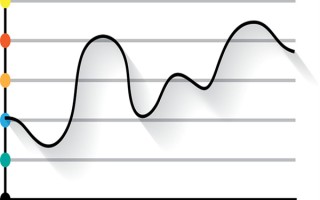要实现高效率的去重,特别是针对日期和时间格式,你可以使用Python中的集合(set)数据结构或者字典(dict)来存储已经出现过的日期和时间,从而避免重复。以下是一个使用Python实现的示例代码:

```python
def efficient_de duplication(dates):
seen = set()
unique_dates = []
for date in dates:
if date not in seen:
unique_dates.append(date)
seen.add(date)
return unique_dates
示例日期列表
dates = [
"2024-02-29 16:26:52",
"2024-02-29 16:26:52",
"2024-03-01 10:00:00",
"2024-02-29 16:26:53"
]
去重
unique_dates = efficient_de duplication(dates)
输出去重后的日期列表
print(unique_dates)
```
在这个例子中,`efficient_de duplication` 函数接收一个日期列表,然后使用一个集合 `seen` 来跟踪已经出现过的日期。只有当日期不在 `seen` 集合中时,才会将其添加到结果列表 `unique_dates` 中。这种方法的时间复杂度是 O(n),其中 n 是输入列表的长度,因为它只需要遍历列表一次。
请注意,示例中的日期格式是 `"YYYY-MM-DD HH:MM:SS"`,如果你有不同格式的日期,你可能需要调整代码以适应你的具体需求。







